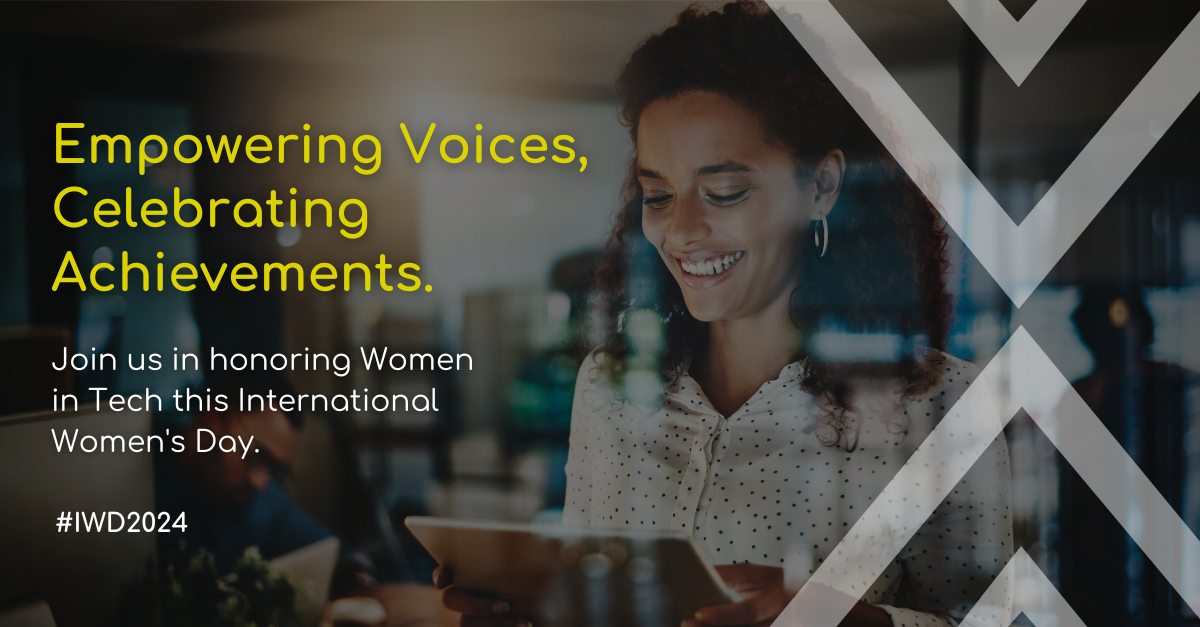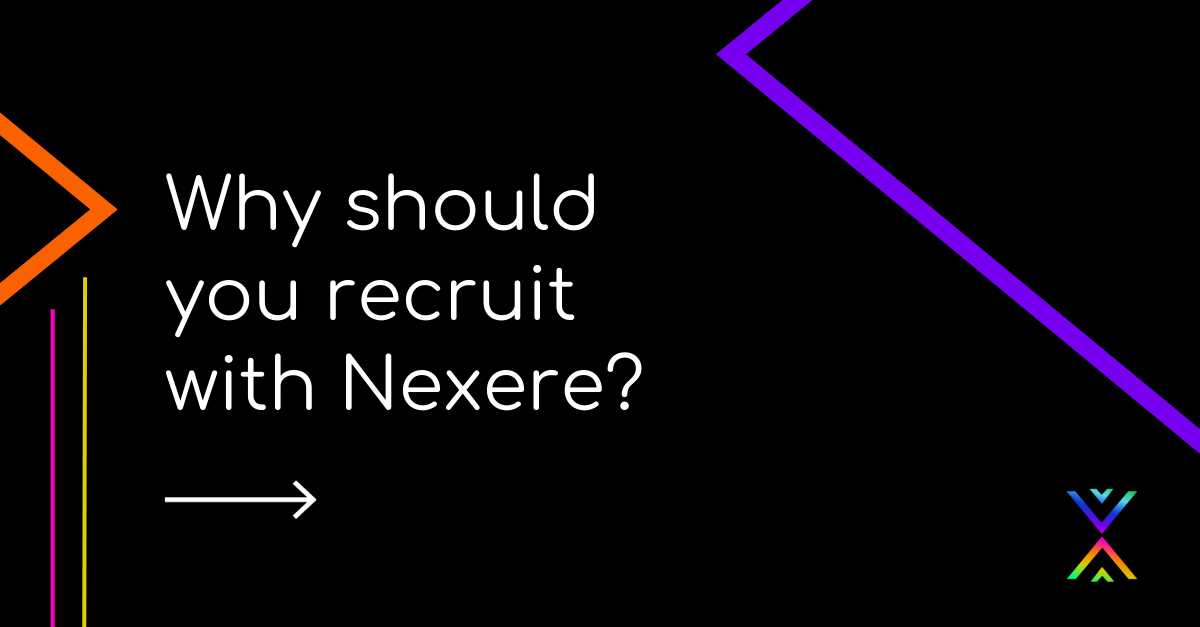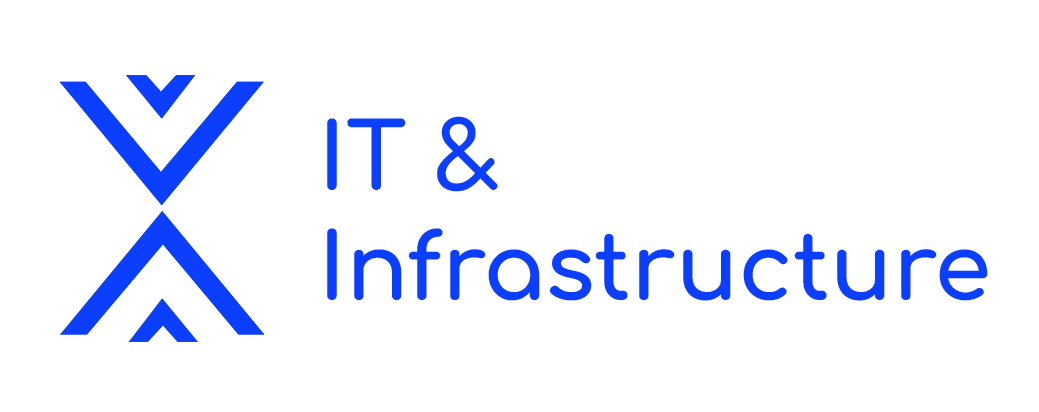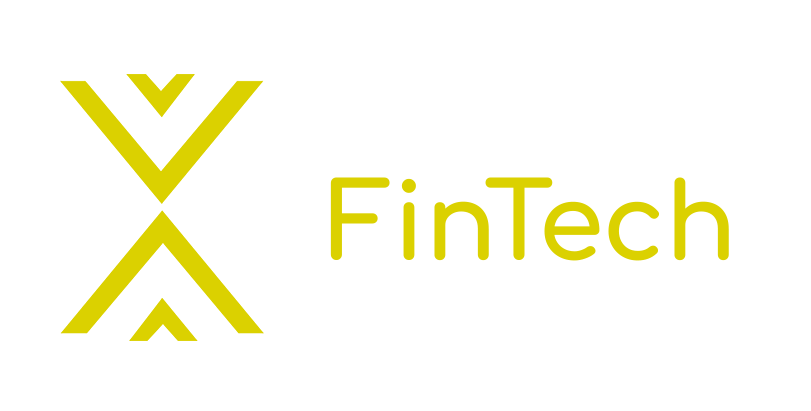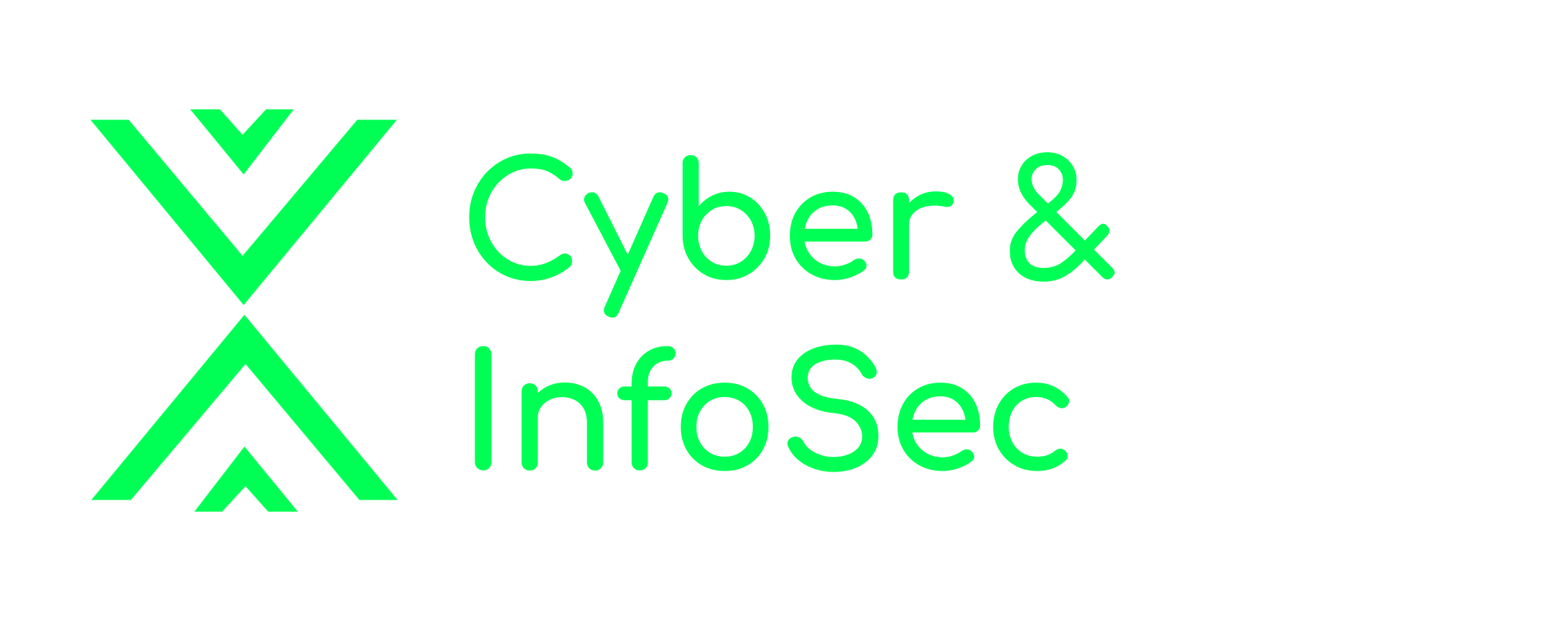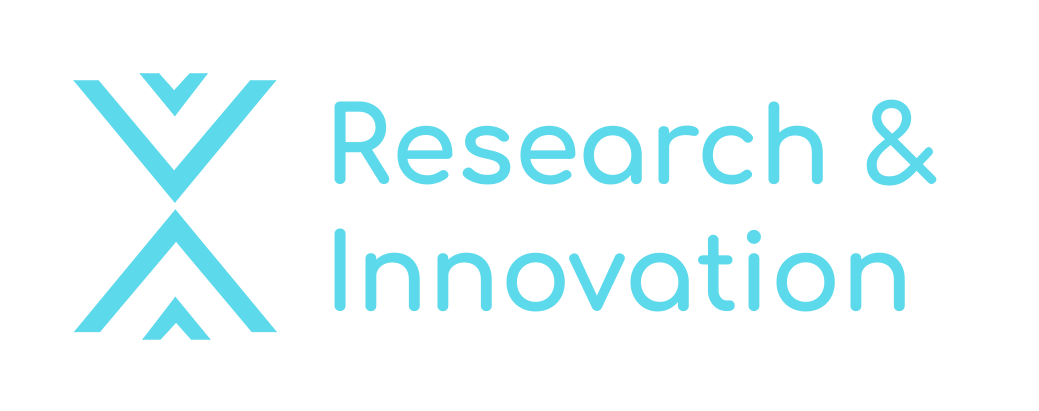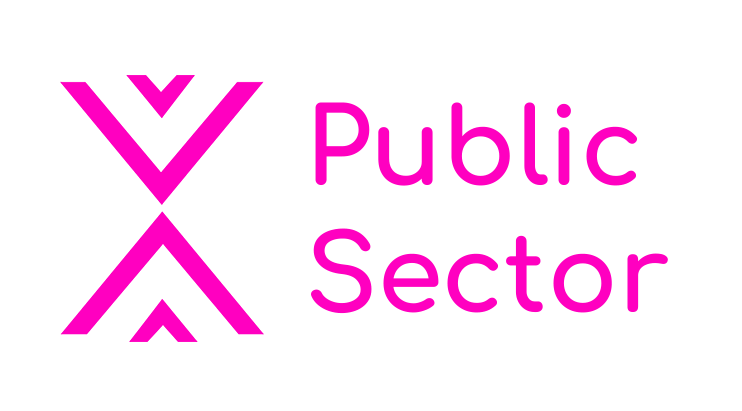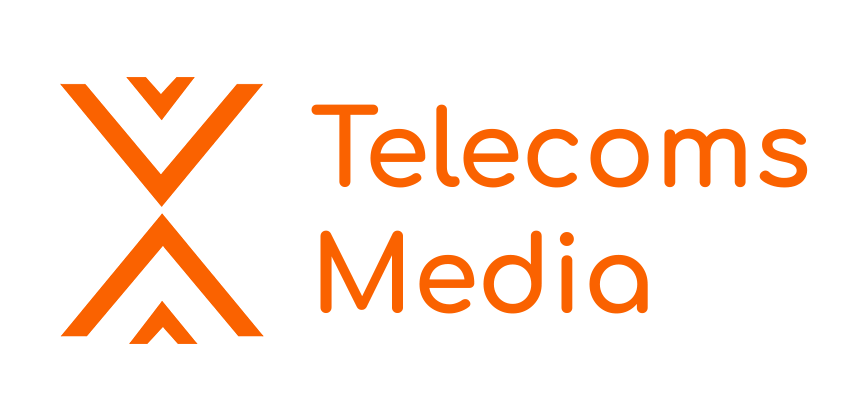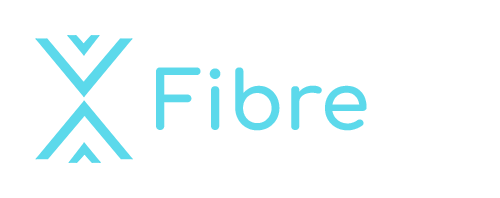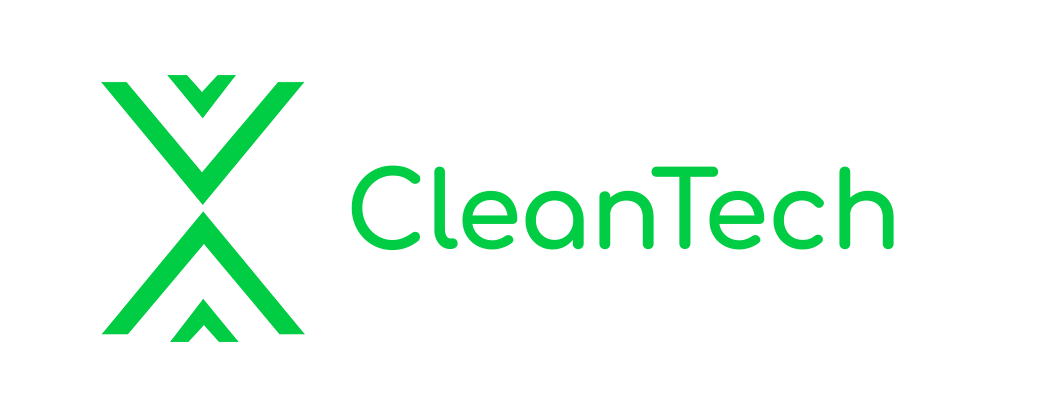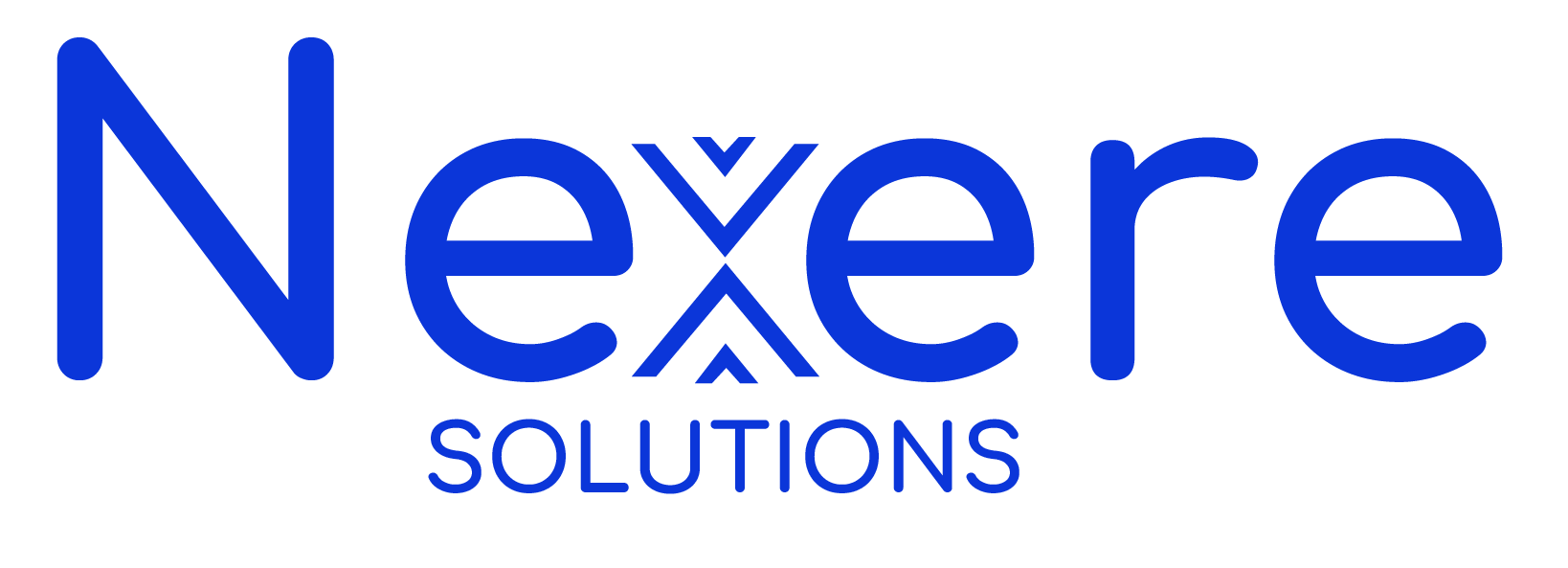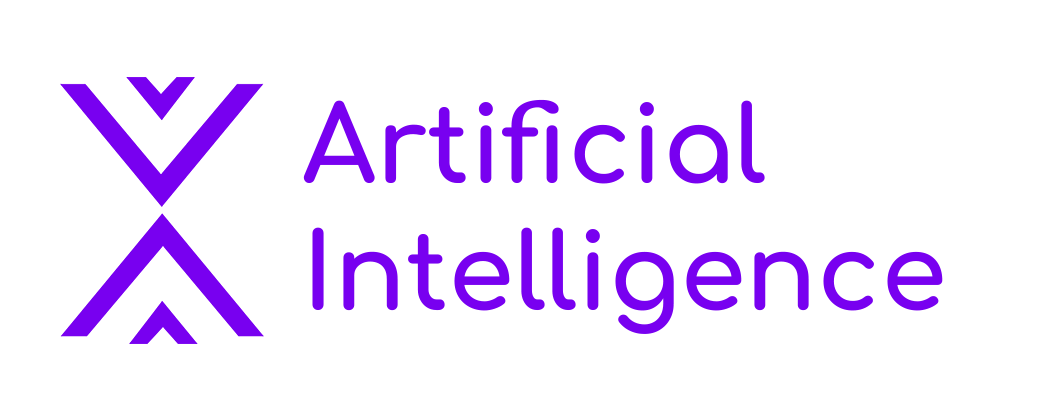
Podcast - How to Incentivise & Support Women in Tech
In our Next Up podcasts, our host Kloe, will be talking with passionate Techxperts covering the industries pressing topics, including Women in Tech, Diversity & Inclusion, Equality, Artificial Intelligence, Sustainability and more.
In this episode, we are joined by Eleanor Manley, Helena Oettingen & Nora Marji from Metta Space. Listen as they provide advice on how to retain female talent in tech and what steps companies can put in place to proactively avoid misconduct.
This is next up, brought to you by next year consulting where we cover the biggest topics in the tech jobs market.
Kloe: Welcome to episode two. I'm joined by the founders of Metta Space. Let's do some introductions one by one. Eleanor, let's start with you.
Eleanor: Uh, well thank you so much for having us on. Firstly, um, my name is Eleanor. I head up all things that are data science, analytics and dev ops for Metta Space.
Helena: My name is Helena. I'm the other co-founder. I sort of lead anything that's operations, financials, um, but also do data privacy and security.
Nora: And I'm Nora, I'm the CTO and that means I'll handle anything that has to do with product or tech.
Kloe: Excellent. And for those people that don't know Metta Space, could you give us a brief introduction as to what Metta Space is and what you guys are really good at?
Eleanor: Metta Space is an intelligent misconduct management platform, so we help companies prevent, report and resolve all things to do with workplace misconduct. Uh, so what we're trying to do is really tackle the whole misconduct pipeline. And for those listeners who might not know what misconduct actually is. Its everything from sexual harassment to discrimination to bullying, but also, um, fraud and bribery.
Kloe: Excellent. Okay, so we will start with question number one. First question is, how have your career experiences helped shape Metta Space?
Helena: So our career experiences have actually been quite limited in tech. Um, we started this all while we were still in school. Um, and so our entire tech career experience has been with Metta Space, which is actually quite exciting cuz we've learned so much over the last couple of years. However, I do think there's a lot of similarities between the tech world in, in terms of the workplace for women and also the education for women. It's definitely, there's a lot of gender disparity. There's a lot of discrimination, harassment. I mean, that's the reason why behold started this is we were witnesses to harassment while we were in school. Um, and have just decided to change it sort of from the ground up and start with our, you know, um, while we were in still university and grad school, and then move it over to the workplaces.
Eleanor: Yeah, I think all of our experiences are, are pretty much exactly the same, um, in that sense. So, um, yeah, I think we, we've just grown with Metta Space and we're excited to continue to grow with, with founding a company.
Kloe: Brilliant. So what are the biggest obstacles for women in tech joining a male dominated organisation, and how can organisations support the transition to become more equal?
Nora: So, yeah, that's a big one. It's hard to say what the biggest obstacles are because there are so many. Um, so we face gender bias, uh, workplace culture issues, but more than anything, um, one biggest obstacle and one of the ones that we are trying to help companies deal with here at Metta Space is workplace misconduct. So, um, 50% of the women actually end up leaving the tech industry by the time. 35 years old. So that's partially due to the fact that, um, one third of women have experienced harassment just since the start of the pandemic. Um, within the workplace, uh, the physical workplace or online. So that's sort of creating this huge pipeline issue for, for companies that want to, to become, you know, more equal and more gender diverse. Um, but one of the best ways to do that in an organisation is by promoting women, um, to, to leadership positions, um, to sort of try to provide them with those equal opportunities for career advancement. Um, which they cannot do if there are no women in the pipeline. So, uh, yeah, that's, you know, one, one thing that we're really trying to, to mitigate or eliminate from companies here, at, uh, Metta Space.
Kloe: Absolutely. And, that's such a large percentage of, of women that kind of go through that experience. Do you think that, um, that is across the board for a lot of industries or do you think there is a, is a lot of pressure, um, particularly within the tech space.
Nora: I would say that within the tech space, there's a lot of gender bias that can manifest itself in, in a lot of different ways, um, especially for women. Um, I'd like to say that in assumptions about abilities or maybe lack of recognition, um, for achievements that, that they might face, um, just, you know, these challenges in being taken seriously. Um, receiving equal opportunities are, are a lot more prominent, I would say, in the tech.
Helena: Yeah, and I would say it starts really early on because like we said, like it starts in education. If you already have that kind of a systematic sort of gender and equality in education, it definitely won't get any better. So you kind of need to tackle one thing at a time and try to tackle things as early in the pipeline as possible.
Eleanor: Um, yeah. If I can quickly add on, uh, to both Helena and Nora's points, it's not just industries that we need to be looking at, but also departments. So we know that, for example, the legal, the tech and the sales departments have one of the highest rates of misconduct within each companies. So, you know, when we're looking at this, it's important to look per industry. We can but we can't stereotype industries cuz they're so different depending on how the organisation's built up. What kind of departments? So what we are trying to make sure is when we look at it, we look at misconduct holistically and we adapt our solution depending on what the organisation needs, the, the industry needs, and even, you know, what department in a different location might need.
Kloe: Absolutely. So the next question for you guys, um, how can companies encourage more women to work for them?
Eleanor: So this is definitely not a one stop solution. There definitely isn't one thing that a company can do. Rather, it's very important that companies see this as a toolbox where they can add to that tool as toolbox as they continue to grow. So what a startup will need to recruit and retain women in the workplace is gonna be completely different from a multinational. So we need to first like make sure that we look at the resources of the company, but ultimately, you know, there's a couple of things that we know at Metta Space works really, really well to kind of encourage more women to come forward. So we mentioned this earlier, but we know for a fact that more women in leadership positions make women feel like they belong more within a company. So you'll actually see that more women will apply to organisations like that.
This is actually reflected within our own organisation. Um, we always have a majority female applicants and 75% of the tech talent that we've hired have been women. Whilst the industry rate for that is around 12%. So we know that, you know, when we look at in a leadership position, it's a fantastic indicator of how many women are going to apply. But if we take it down to an even more kind of granular level, we also know that the wording in a job posting will influence who applies. And this is something that Nora touched upon with gender bias. So if we're actually, you know, putting gender bias into the language that we use for job postings, it will make less women apply. So if, you know, when we look at this toolbox, there's a couple things that we can do. Obviously at Metta Space we're always gonna be promoting the prevention, the reporting resolution of workplace misconduct. But there are other things that companies can be doing as well, no matter if they're a startup or a big multinational organisation.
Helena: Yeah, I mean, I think there's just like lots of layers to the issue. Unfortunately, it's really not a one solution that fits everything. Like we said, we tackle one specific area of it. But what comes with our work is also just creating awareness. Um, you know, Pushing for more inclusivity in the workplace and just really, really putting our message out there. And I think even just starting these conversations and making sure these conversations are started in the workplace can actually improve the thing as a whole. Again, we are not here to help with recruitment. We're not here to help people hire more women or something, but. Helping companies set the baseline for what a respectable and inclusive environment looks like is definitely still at the core of what we are trying to do. Um, even if it's just one of those things that kind of is just happening while we actually put in place sort of reporting and resolution tools.
Nora: But at the root of it, what we really want is for companies to be taking proactive steps to, you know, to address the issue of gender bias, which is something that we're trying to tackle here at Metta Space.
Kloe: Definitely. Is there a, um, just intrigued to know if there's a reoccurring issue that a lot of companies face. Is there something that people get consistently wrong or is it kind of different every time or?
Helena: For misconduct or for hiring more women?
Kloe: In terms of, um, not supporting the equality and, and sometimes almost setting up for that misconduct. Is there something that companies kind of consistently without realising it, make a mistake on?
Eleanor: Yeah, I think the biggest mistake I would say that is currently going on within the whole industry is we can actually see that post Me Too. And this is also reflected in post, uh, Black Lives Matter movement that gender equality and issues of racism have actually gotten worse. And the main problem here is that these movements created more division than they did unity. So what we are seeing is we are seeing a post kind of Black Lives Matter and the Me Too era where we need to be moving, you know, from diversity to inclusion. So a lot of companies just concentrate on diversity numbers. So how many women do they have? How many people of colour do they have? But they don't actually look at inclusion. And inclusion in the workplace is defined as how many people or what, are the diverse groups of an organisation represented in the decision making? The answer for most companies is no. You might have diversity in numbers, but you certainly don't have diversity and inclusion. And so that's one of the main issues that we see consistently, and I think that, you know, as we're moving past the Me Too movement, we're moving past the Back Lives Matter movement we really need to take this opportunity to come back together and work. Be it for, you know, getting more people of colour into positions of leadership or women.
Helena: Yeah, and I think another thing that we've really encountered is the usage of a zero tolerance policy. Which we really, really dislike in Metta Space. We think that zero tolerance policy, um, is unfortunately not as effective as companies believe it is because we, again, as El said, like post Me Too. It's either black or it's white. Like there's no nuances when it comes to resolving these cases, and we feel like the nuances have gotten lost a little bit and it makes it harder for HR managers to resolve a case because they receive one, they have the zero policy stamp, they close it, and then that's it. Um, unfortunately, zero tolerance policies tend to discourage people from speaking up because they actually then are worried that the repercussions for the person. Who did something to them are gonna be too extreme. Um, so it's really, really, really discouraging people to speak up. It's really creating this sort of negative environment about workplace misconduct by saying like, if you do this, it's instantly a no. What we've realised is that the majority of workplace misconduct cases that get submitted are interpersonal, and these are something that. You know, companies can definitely have more training or awareness sessions. They can often be solved with a conversation, with a feedback session. You know, like this is something that a person isn't comfortable with. Another person might have not been aware, and a simple conversation will change that. And so I think post Me Too, companies have really jumped on this, like zero tolerance, absolutely no acceptance train, but have absolutely, completely missed the mark when it comes to positively and properly resolving cases.
Kloe: Definitely. I think that's a really interesting stance and I think that will probably surprise quite a lot of people. Um, yeah, I, I certainly wouldn't have expected that. Um, but it does make a lot of sense. I, I can see why people would think that way, and I think I probably in that position would, think about those repercussions and how that then comes around and, and, and takes a full circle. So, yeah. That's really, really interesting. Um, okay, what question do we have next? Does the tech world benefit from having more women working in it, and if so, how so?
Eleanor: Yeah, absolutely. I think this is . We hope that the main takeaway from listeners from this session is obviously diversity and inclusion must go hand in hand. So it's not just simply a numbers game, you know, having, what we tend to see is that when women start their careers, it's more or less gender equal. Um, you know, we see mostly around 40% of women working in tech. But as Nora mentioned by, um, you know, 10 years, or rather when they time 35, um, more than half of them leave. So what we need to be working on is not just talent attraction, which has definitely been the main focus of companies over the last couple years, but really double down on talent retention. And talent retention is a little bit trickier. The reason being is that HR and um, organisations simply do not have the correct tools to actually collect data on what it means to retain talent. Um, a very simple example is a huge amount of organisations don't do exit interviews. Um, at whilst exit interviews are a fantastic way to, to understand, okay, what are the problems within your organisations? Why did this person leave in the first place? Um, so, you know, when we, when you ask that question of, you know, is it important? Obviously it's important, but we definitely see a shift in the mindset just from talent attraction to also giving equal importance to talent retention.
Helena: Yeah, and I think just because the tech world also covers so many different aspects. I mean, ultimately tech is in so many parts of our lives, whether it's in politics, it's in business, it's an agriculture, it's really everywhere. And so having. You know, not only women enter the tech force, but also people from just all sorts of different backgrounds is really, really helpful for the tech industry to be able to tackle all these different problems effectively. Um, little things, you know, like if somebody has an art background or a language background, they might be able, you know, better at tackling certain things than other people in that sense. Um, you know, my background in cyber security where we had to deal with hackers who come from all sorts of different backgrounds, different languages, different life experiences, and bringing in more women or just, you know, a diverse number of people, it, you're able to tackle these different issues much better, as opposed to just having your 37 year old white male, um, do the exact same thing. And they've all come from the exact same background, you know? And so there's layers to it. And like I said, seeing that tech just covers so many aspects of our lives, you need to make sure that the people who work in it are also from so many different types of backgrounds as well.
Kloe: Definitely. So I, I think, um, just going back to the, the retention side, um, do you think that companies these days are so focused on hiring new people that they're actually missing a trick?
Helena: I mean, hopefully right now what we're seeing is unfortunately with all the layoffs, we are seeing a big shift. Um, which is why for us it's a great time to come in as Metta Space because obviously we help them set, um, the groundwork for workplace misconduct management. Um, but we are slowly seeing a shift, I think just because in terms of budget cuts, et cetera, people are really focused on making sure that they can maintain the talent that they do have, and they really wanna maintain a respectable and safe workplace with them. So you're seeing slowly that it is. There's a little bit more of a focus, but it's also in the industries that maybe we interact with the most. So sort of B2B, SaaS and everything. So we're seeing it in those industries. I'm not really sure about, um, sort of the, the other industries. Maybe.
Kloe: What advice would you give to a woman starting their career in tech?
Nora: I think one thing that's really important, it sounds a bit like cliche, but believing in yourself, especially as a woman in software engineering, but really in any area of tech, it's important to really try to have confidence in your abilities. Imposter syndrome is a very real thing. I think it's happened to all of us at some point. Um, and facing that obstacle in addition to gender bias or self-doubt, um, can really hold you back, especially as a woman, again in those industries. So I would say just yeah, have confidence in your abilities.
Helena: Yeah, and somewhat connected to what Nora said, I think it's really important to find a good balance. I think we're all really, really, guilty of, you know, doing too much and burning out very quickly. Um, because I feel like, especially as women in tech, you feel this need to prove yourself because of Nora's sort of said imposter syndrome. And especially when you're working in companies that tackle maybe more social issues like ours, it's so deeply important to us what we're doing. And we're always gonna try to work and make things better, but it ends up getting to a point where you know, we're very tired. Sometimes we need to take some time off to just sort of reset and sort of be able to give the best we possibly can. And so I think definitely try to find a good working and life balance and to not burn out would be my advice.
Nora: Yeah, I mean, because of gender bias, we oftentimes, but we oftentimes feel that, you know, we have to over-perform in order to, to be able to sort of meet expectations. And I think that's, you know, it's very difficult and something that you do have to sort of try to you know, say I'm, I'm, I'm doing great. You know, um, have that confidence, um, be able to feel comfortable in your position. And again, as Helena has said, to be able to sort of like give yourself that work-life balance.
Eleanor: Yeah. And just as a last point, you know, Helena and Nora and I have been extremely fortunate to have probably had at this point, hundreds of mentors and advisors and individuals who've given us a moment of their time. And it's really shaped us into what we are today and. You know, never being afraid to ask for help. Um, you know, all three of us are mentors to different degrees. Uh, we mentor women in tech, we mentor, you know, individuals who are looking to, to get into tech and helping them through their journey. And I think, you know, having that balance between, you know, constantly asking for help to, it doesn't have to be someone who's necessarily older, but someone in a different path than yours who can give you insights into your own career. Perhaps even insights into what Helena mentioned about that life work balance, which is so important to productivity. Um, so, you know, asking for help, um, and, would definitely be my number one advice.
Helena: Yeah, and I think just based on what Eleanor is saying is we're always, always open to speaking to people who want a little bit of advice. Like we've received so much great advice and great help. We're always happy to have a 15 minute call with anyone. And we do have these quite frequently where people will just cold reach out on LinkedIn and are just like, I'm building this. Can I get your feedback for 15 minutes? And then you end up making fantastic connections, often friends as well, and you're just able to kind of see. I think as well, it's a great way to self-reflect on what you've achieved so far. Cause it just shows how much you've learned at heart and how much you can actually know and give to people as well.
Kloe: Definitely, definitely some, some really good points there. And I think going, going on to the, the work life balance side of things, I think there is this, um, this large expectation for women to be, you know, excellent family kind of keepers and be the head of the family and raising children and top carers and, um, and, and I guess, yeah, they have to. Do that. And also, on the career side, they have to work a job, as if they don't have a family and, you know, commit all these hours as, as if they don't have any children or responsibilities outside of that. So would you have any advice, um, in particular for, for those women that, that are finding that struggle between the two sides?
Eleanor: Yeah, I think that's a huge question. And it's one that companies have a responsibility towards, it's not just up to us as individuals, but you know, it's also up to organisations to put in place. Um, you know, at Metta Space we work both in Europe and in the US so we really see some of the contrast there. And you. And for us, you know, we, we definitely see that if you are implementing policies that are ultimately pro-women, right? So like making sure that maternity and paternity leave as well, um, is equitable. Um, making sure that time off and flexibility is promoted alongside a job. There's just so much that should be done and, and ultimately I don't think it should be put on our shoulders alone to find that balance. Uh, but we should really demand and speak up which is you know, our main motto, motto is to speak up when you see something that is wrong, and that also goes towards, you know, um, inequality when it comes to work-life balance.
Helena: Yeah, and I think it's fantastic sort of you're seeing Gen Z enter the workforce and they are much more demanding for what they expect from their employers in terms of just basic, you know, employee safety or respect or as Eleanor said, policies that help for time off or just work-life balance. Um, and so we are seeing a slowly bit of a shift and so I'm very, very proud of sort of like the young, my younger siblings and the cousins and everyone that's kind of a little bit younger entering now and just if there's a job opportunity that they have that doesn't meet their standards, they're like, you know, it's their loss.
There's other great opportunities out there. They know their worth. And then they go for that other opportunity, which is always nice to see.
Kloe: Love that. Absolutely love that. I am gonna ask you one more question around the misconduct. Um, so what are the main barriers, to preventing misconduct in the workplace?
Eleanor: Yeah, the, the main barriers is a lack of data, uh, for companies to understand
how they can learn from each case, how they can prevent cases, and how they can, you know, improve the reporting and resolution processes. Um, as we mentioned, this is really kind of the child of the zero tolerance approach, which kind of is all about things being swept under the carpet being dealt with quickly. We also saw that as well with um, kind of an increase in NDAs having to be signed, um, when the cases were actually being brought up, which obviously is very, very difficult to resolve a case collaboratively and proactively if you are actually not allowed to speak about. Um, so what we try to do is obviously make everything as data-driven as possible. The main goal with this is to ultimately be objective in, in the resolution of cases and proactive in the reporting and the evidence gathering for cases so that there's not even a question of whether or not this is a case or how we gonna deal with it?
Uh, we know from the HR side, it's also a huge strain on the personnel to actually deal with cases.
They come in, uh, they feel unprepared, under-trained, underfunded. Um, so what we do is we kind of aggregate the resources for them to give them a step by step and the insights for them to resolve the case. We do like to point out though that, you know, ultimately, uh, Metta Space is a tech company. Um, so we never provide legal advice. We never provide, we provide you kind of with a curation of best practices. They'll always be up to a company to come to their decision of what they think is is best.
Helena: Yeah. And I think another issue that we encountered that I think El and I were really shocked by at the beginning was just the lack of transparency when it came to the processes. Um, as Eleanor said, you know, that there's no consistent approach. Which you get, you know, should be data driven ideally, to see kind of what the best outcomes have been. But also there was no transparency and open communication between the person who reported and the person who was dealing with a report. The majority of sort of like old school solutions will be, you know, an anonymous tip line, anonymous hotline, um, very much like the letter box where you drop in a complaint. Um, and if you wanna ask any follow up question to the person who dropped the complaint, you can't do that.
Um, and so this is something that we really wanted to push for is making sure that. Employees are a) informed of what's happening with their case. So for example, in our product, we have progress updates, but we tell them at what point their case is at. We have a chat function where they can communicate with a person who is resolving their case as well. And we also ask employees for what their ideal outcome of this report would be, which we think is really important. So including them in the resolution, I think that is something that companies don't really do, and that I think is definitely one of the bigger barriers when it comes to, you know, setting the basis of just preventing workplace misconduct in the first place is just like blocking off that, not having transparency, not having communication.
Kloe: Excellent. Yeah, I, I think, um, the, the platform itself is, is definitely the first I've heard of with, with, that kind of solution. And I think the idea that actually the prevention is, is better than, you know, the cure of a problem. Um, yeah, it's really great to see and I think there'll be a lot of candidates and clients alike for, from Nexere that will really appreciate, this focus area. So thank you so much guys for, for joining me and, um, and giving such good insight into that area.
Helena: Thank you so much for having us.
Kloe: No problem.
Eleanor: Thank you.
Nora: Thank you so much.


